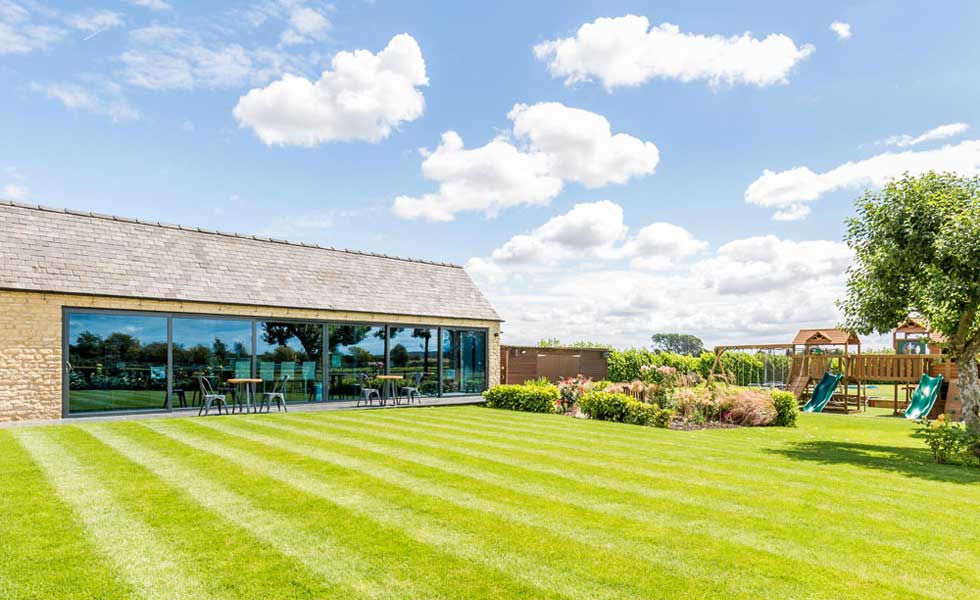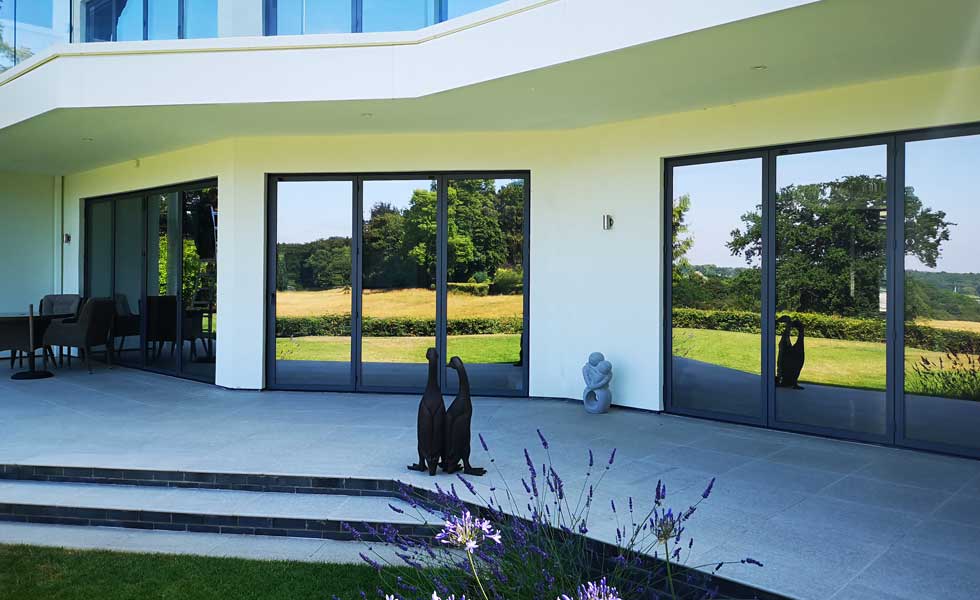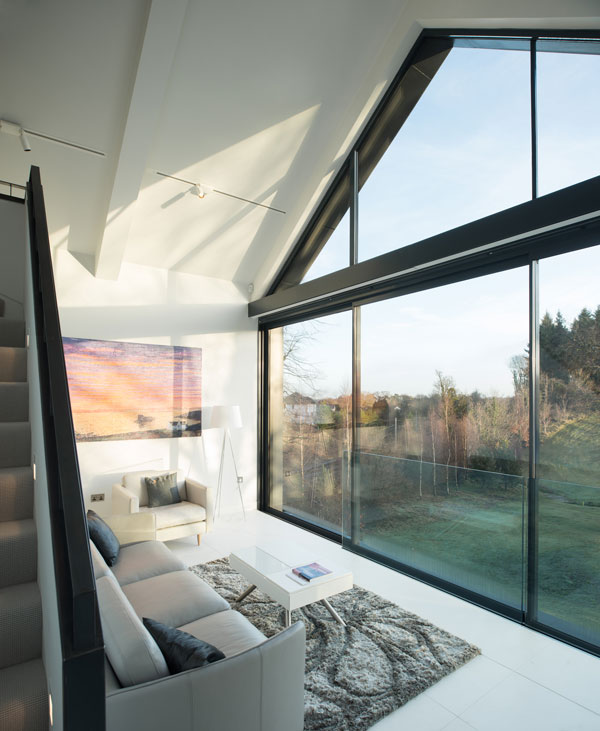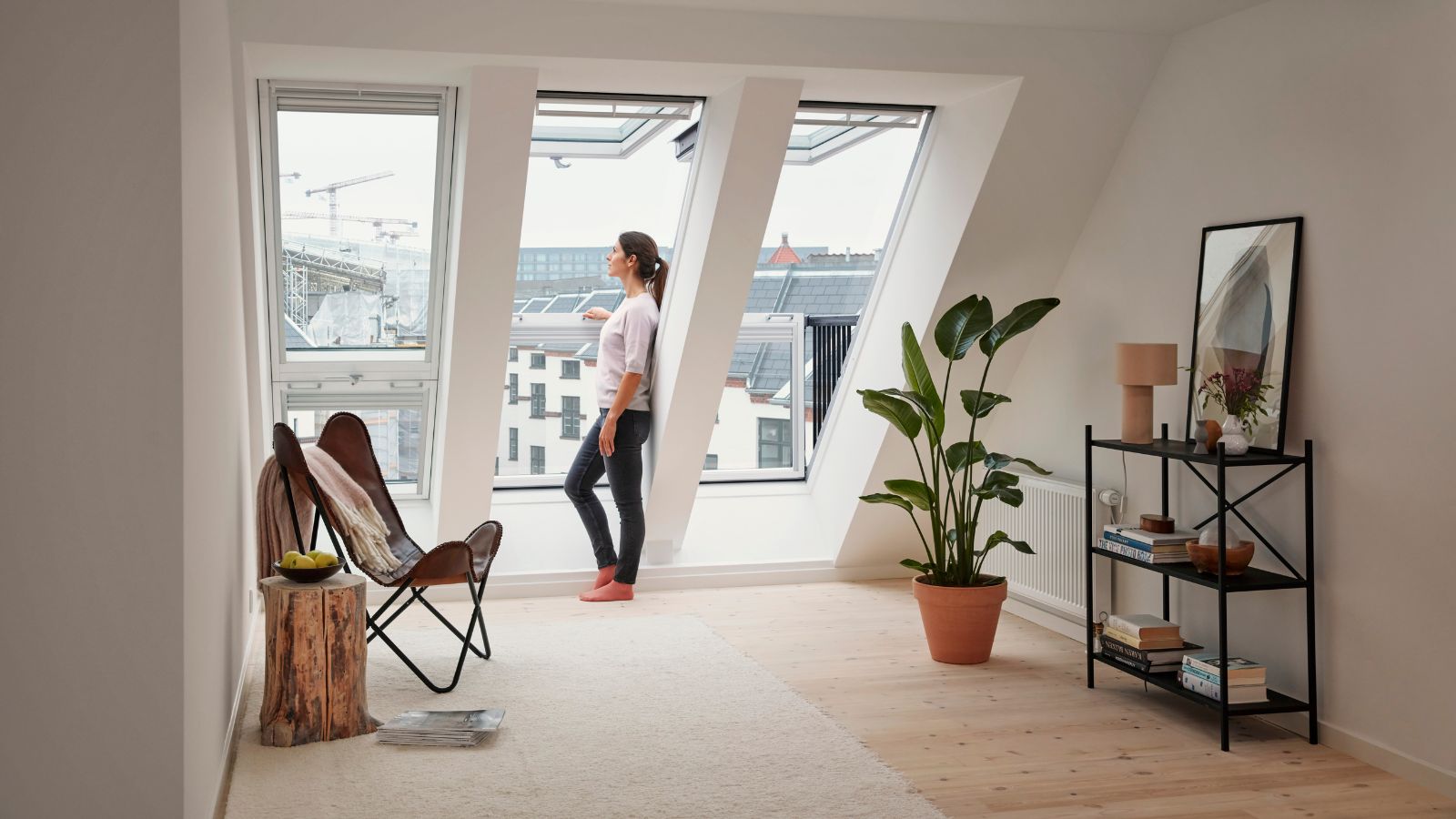Getting into the Detail: Key Glazing Considerations
Whether you opt for large picture windows, ultra-slim sliding doors or contemporary bifold doors for your project, the same question applies to all – how do I choose the right glazing specification for my project?

CONTENT SUPPLIED BY IDSYSTEMS
Opening up the side of your home with large panes of glass that seamlessly connect your kitchen or living room with the garden and bring the outside is a common aspiration for those undertaking a project, whether it be an urban extension or a stunning rural self build.
The key, whatever the size and scale of the build is to find the right glass specification to keep heat in when it’s cold outside but not overheat your room when the sun is shining.
Should I Choose Double or Triple Glazing?
Whilst triple glazing performs better than double glazing at preventing heat loss (measured as a U-value) it is more costly, so you have to weigh up the long-term benefits and potential savings against the short-term impact on your budget.
When measuring the thermal performance of a window or door it is not just the glass that you should be looking at. With developments in glazing over the last 10-15 years, it is the frames that are now the weakest element of the overall system rather than the glass.

If you are choosing triple glazing, then it is best to go for a system that is specifically designed to incorporate a triple-glazed unit.
Because the U-value of a window or door is just one isolated element within an overall building, it is advisable to take this into account when making a decision on glazing. Spending more money to save a fraction of a U-value upgrading a bifold door or sliding door to triple glazing could be rendered almost pointless on an extension if the existing roof and walls of the house are letting out heat.
In general, triple glazing is best suited to those building a property from scratch to be the most thermally efficient it can be. For every other eventuality then double glazing is possibly the most sensible solution.
Solar Control Coatings
When it comes to keeping heat out, the key factor to consider is the coating applied to the glass. Solar gain (measured as a G-value) is the transmittance of heat from the sun through the glass from outside to inside.
To prevent rooms, especially those on a south-facing elevation in direct sunlight for long periods of the day, from potentially overheating it is important to consider a solar control glass.

Solar control glass features a coating that reflects the infrared element of the sun’s rays therefore reducing the amount of heat that is transmitted through the glass. The degree of solar control varies and finding the right balance is crucial — solar control glass works all year around, so whatever proportion of solar gain you reduce in the summer when the sun is hot is the same in winter when the power of the sun is much weaker.
Solar control glass can also absorb ultraviolet light from the sun, reducing fading on internal fabrics and finishes whilst also protecting our skin from the harmful sun rays.
For more information, contact IDSystems where experienced project advisers are on hand to ensure the optimum combination of thermal performance and solar control is recommended for your project.
Bring your dream home to life with expert advice, how to guides and design inspiration. Sign up for our newsletter and get two free tickets to a Homebuilding & Renovating Show near you.
